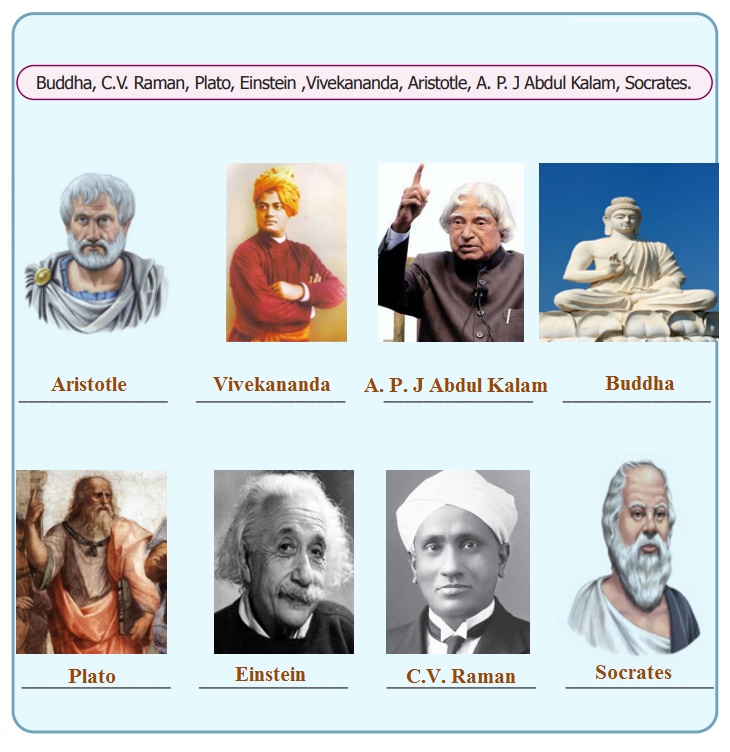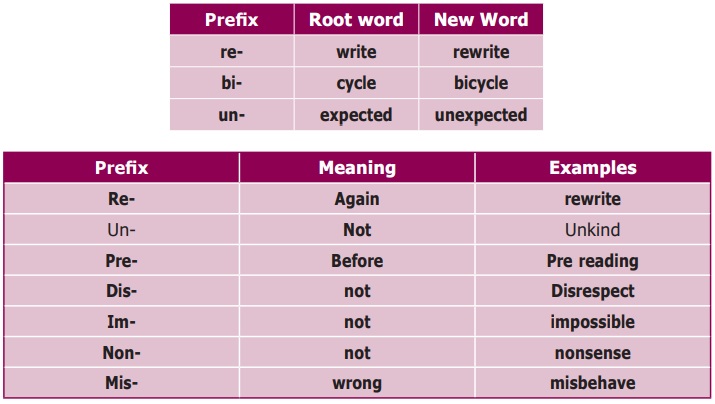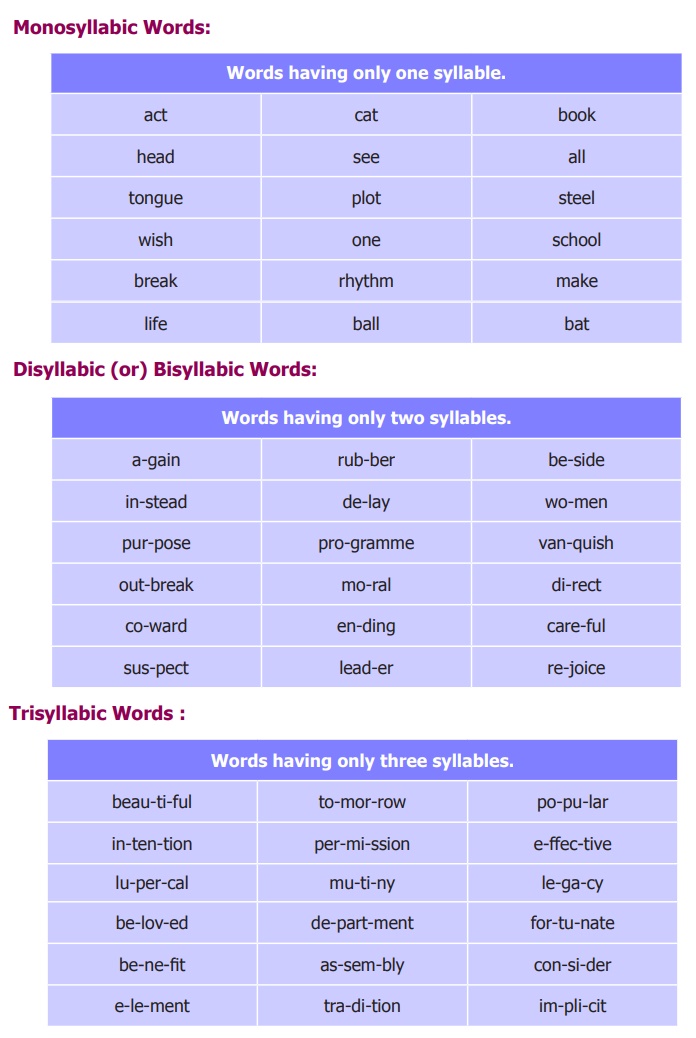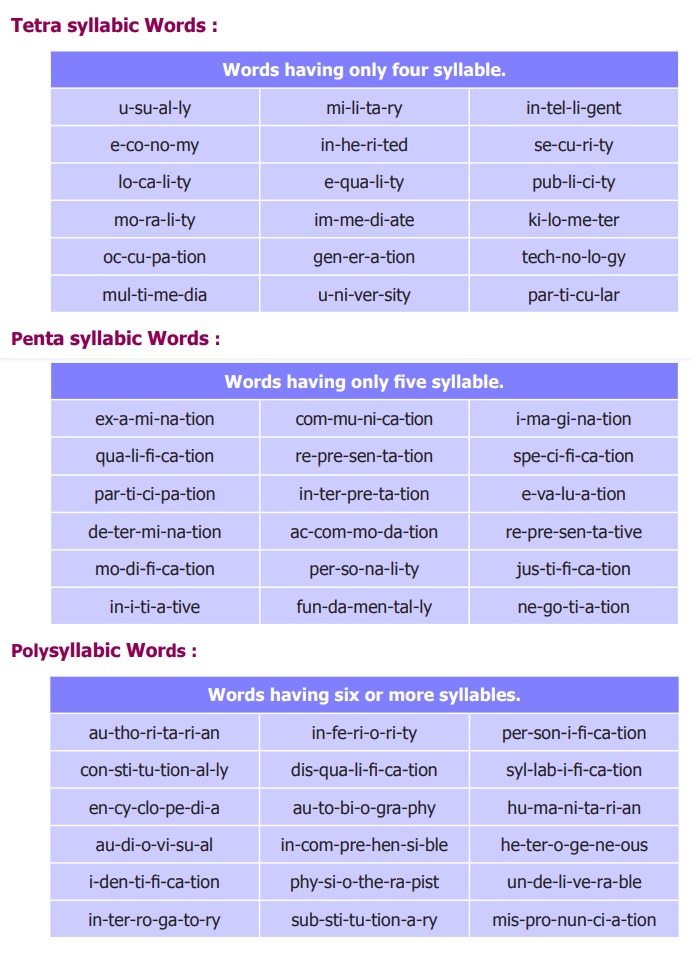English : Unit 3 : Prose : Sir Issac Newton – The Ingenious Scientist
Warm up
In pairs, identify the great thinkers of the world and write the names from the box.

Section -I
Glossary
ingenuity (n) – the ability to invent things / creativity
contrived (v) – created / invented
apprentice (v) – works for someone to learn skill
acquiring (v) – getting knowledge or skill
pried (v) investigated
hopper (n) – funnel shaped bins for feeding grains into mills
Read and Understand
A. Fill in the blanks.
1. Issac Newton was born at a small village of Woolsthorpe in England.
2. Grand mother was advised to apprentice him to a clockmaker.
3. Isaac made a clock, by the dropping of water.
4. The sun-dial made by Isaac is still in existence at Woolsthorpe.
5. Isaac constructed a model of the windwill.
B. Choose the correct synonyms for the italicized words.
1. Isaac was chiefly remarkable for his ingenuity.
a. common
b. notable
c. neglected
d. unknown
[Answer: (b) notable]
2. He will make a capital workman.
a. wealth
b. excellent
c. profitable
d. head
[Answer: (a) wealth]
3. Nobody could tell what the sunshine was composed of.
a. made
b. known
c. full
d. felt
[Answer: (a) made]
4. He cared little for earthly fame and honors.
a. Disrespect
b. attraction
c. proud
d. popularity
[Answer: (d) popularity]
Section –II
Glossary
enchanted (v) – delighted
miniature (adj) – very small model
curiosity (n) – eagerness
accustomed (v) – something familiar with
gazing (v) – looking steadily and intently
ceased (v) – stopped
Read and Understand
A. Choose the correct antonym for the italicized word
1. His Grandmother was very kind to him.
a. affectionate
b. loving
c. disrespectful
d. cruel
[Answer: (d) cruel]
2. The boy seemed to have a taste for mathematics.
a. delicious
b. sweet
c. distaste
d. against
[Answer: (c) distaste]
3. Isaac possessed a wonderful faculty of acquiring knowledge.
a.owned
b. controlled
c. lacks
d. have
[Answer: (c) lacks]
4. He was observed to be usually busy with his tools.
a. common
b. rarely
c. unwontedly
d. usually
[Answer: (b) rarely]
B. Answer the following questions in one or two
1. Who was taking care of Newton after his father’s death?
Answer: His grandmother was taking care of Newton after his father’s death.
2. What did Isaac manufacture at his young age?
Answer: Isaac manufactured a set of little tools and saws of various sizes.
3. How did the young boy find the strength of the wind?
Answer: The young boy found the strength of the wind by first jumping against the wind. According to the length of his jump, he could calculate the force of a gentle breeze, a brisk gale or a tempest.
4. Why were his friends attracted by the windmill?
Answer: His friends were attracted by the windmill because they thought that they had not seen anything so pretty and wonderful in the whole world.
5. How was Newton honoured by the king?
Answer: Newton was made a Member of the Parliament and received the honour of knighthood from the king.
C. Answer the following in about 100 words
1. Why did Newton’s friends advice his grand mother to apprentice him to a clockmaker?
Answer: In his early years, Newton was chiefly remarkable in his ability to invent things.
He had manufactured a set of little tools and saws of various sizes. With the help of these things, he invented curious articles, at which he worked with so much skill. His friends and neighbours admired at the things manufactured by him. Some of his friends advised his grandmother to apprentice him to a clockmaker because, besides his mechanical skill, Newton seemed to have a taste for mathematics, which would be very useful to him in that profession. After sometimes he could set up one for himself.
2. How did Newton learn about the way a windmill operated?
Answer: Newton frequently went to the windmill that operated on a new plan. He spent hours in examining the various parts of the windmill. When the mill was not working, he examined its internal machinery. When the windmill’s broad sails were in motion by the wind, Newton examined the process by which the mill-stones revolved and crushed the grains, put into its hopper. Thus Newton gained a thorough knowledge of the construction and operation of the windmill.
3. Mention some of Newton’s inventions.
Answer: Sir Isaac Newton is best known for his laws of motion. In mathematics, his inventions included laying the groundwork for differential and integral calculus. His inventions in mechanics and gravitation were summarised in ‘The Principia’.
The reflecting telescope and Binomial Theorem were also some of his best inventions. He was the first to find out the nature of light. He invented the reflecting telescope which was used to view and map out the orbits of the planets. He also used his theory of gravity to calculate the elliptical orbits of planets around the sun accurately.
ADDITIONAL QUESTIONS
Very Short Questions and Answers :
1. How did Newton create many curious articles?
Answer: Newton created many curious articles with the help of his little tools and saws of various sizes.
2. Which object made by Newton was of a great wonderment to all the people?
Answer: The water-clock made by Newton was a wonderment to all the people.
3. How did Newton’s grandmother know the time in shade and in the sunlight?
Answer: The water-clock told the time in the shade and the sun-dial in the sunlight.
4. Why did Isaac visit the windmill frequently?
Answer: Isaac went to the windmill frequently to examine its various parts.
5. What was the size of the windmill made by Newton?
Answer: The windmill made by the Isaac was of the size of the box-traps which boys set to catch squirrels.
6. What had Newton forgotten while making the windmill?
Answer: Newton had forgotten to make a miller for the windmill.
7. Sir Isaac Newton died in 1727. Express it in another way.
Answer: Sir Isac Newton ceased to live on earth.
8. Name another astronomer, besides Newton, who was gifted with mechanical genius.
Answer: David Rittenhouse.
Give Short Answers:
1. What do you know about Newton’s grandmother? ‘
Answer: Newton’s old grandmother was kind and good to him. She sent him to school and never weary of talking pride words about him. She always believed that Issac would be a capital workman, do well in the world and be a rich man before he died. Grandma lived near a windmill. She used the sun-dial and water-clock made by Newton to know the time.
2. Describe the clock made by Newton.
Answer: Newton made a clock which nobody had ever heard of before. It was set going, not by wheels and weights, like other clocks, but by the dropping of water. It was an object of wonderment to all the people around.
3. How did Newton gain a thorough knowledge of the windmill and why?
Answer: Newton gained thorough knowledge of the windmill by frequently visiting the windmill near his grandma’s house. He spent many hours examining its parts, studied its internal machines, when the windmill was not working. When the sails were moving by the wind, he observed the process by which the mill-stones were made to revolve and crush the grains that was put into the hopper.
Newton gained a thorough knowledge of the windmill to construct a similar model of the windmill on his own.
4. Describe the sails of the windmill which Newton made.
Answer: The little sails of the windmill constructed by Newton were made of linen. They whirled round very swiftly when the mill was placed before a current of air. Even a little puff of air was sufficient to set the sails in motion.
5. What truth does Newton reveal when he speaks about the Miller?
Answer: Newton reveals that few two-legged men are dishonest like the small four legged animals. Newton did not make a miller for his windmill. He could have made a miniature figure of a man, but it would not operate the windmill. Hence the author writes that some human is dishonest.
6. Why did Newton’s mother send him back to school?
Answer: After Newton’s stepfather died, his mother made him leave school and assist her in managing the farm at Woolsthorpe. Newton tried to put his attention on farming but couldn’t, as his mind was bent on becoming a scholar. So his mother sent him back to school.
7. What is the comment of the author Nathaniel Hawthorne about Sir Isaac Newton after his death?
Answer: The author Nathaniel Hawthorne says that even after the spirit of Isaac Newton left his mortal body, it is still searching the endless wisdom and goodness of God and creator even more sincerely. He also says that the fame of Isaac would stay forever as his name is written in letters of light, formed by the stars in the mid sky.
Answer in Detail:
1. Explain the hard work put by Isaac Newton while he contrived various things?
Answer: Isaac put great and different ways of hard work. To find the strength of wind, he jumped against the wind. He often walked to the windmill near his grandmother’s house. He spent many hours examining, observing, gaining knowledge and unusually busy working with his tools.
As Isaac grew older, he isolated himself, thought deeply, read books. At right, he looked at the stars for hours. He never permitted his mind to rest, until he searched all the laws about the sky, stars and planets. While doing researches on these, he spent night after night in a lofty tower, gazing at the heavenly bodies through the telescope without sleeping.
2. What were the queries Isaac had in his mind about the ‘heavenly bodies’?
Answer: Isaac wondered if the stars were worlds like our own, how great was their distance from the earth and what was the power that kept the stars in their courses. When the apple fell on his head, it made him think what made it fall down.
When he had once got hold of this idea, he never permitted his mind to rest until he had searched and made his findings. He felt he knew very little in comparison to what remained to be known by him.
Vocabulary
Prefix and Suffix
Prefix
A prefix is an affix which is placed before the root word. Adding it to the beginning of one word changes it into another word. For example, when the prefix un-is added to the word happy, it creates the new word unhappy.

Exercise
a. Underline the prefix in each word in the boxes

Answer:
unlock , distrust , rewrite , untrue , dislike , unhook , unsafe , unlucky , remix , disown , relocate , disclose
Suffix
A suffix is an affix which is placed after the root word. These suffixes change the meaning or grammatical function of a root word.

Example:
fat + er =fatter
drive + ing =driving
change + able = changeable
use +less = useless
beauty +ful =beautiful
lie +ing = lying
b. Pick a suitable prefix and suffix from the given box and complete the following words.
able, ful, ly, sub, ion, un, tri, re, im, mis

Answer:
Recall
Comfortable
Subcategory
Misunderstand
Improper
Successful
Equally
Tricolor
Construction
newly
Syllabification
Syllabication is the act, process, or method of forming or dividing words into syllables. It is splitting of words according to the syllables or unit of sounds or vowel sounds. It has six types. They are:
1. Monosyllabic 2. Disyllabic (or) Bisyllabic 3.Trisyllabic 4. Tetrasyllabic 5. Pentasyllabic 6. Polysyllabic (or) Multisyllabic.
The process of dividing words into smaller parts or syllables is called ‘Syllabification’.


a. Syllabify the following words
1. education : ed-u-ca-tion
2. school : school
3. college : col-lege
4. english : Eng-lish’
5. opportunity : op-por-tu-ni-ty
6. friend : friend
7. teacher : teach-er
8. simultaneously : si-mul-ta-ne-ous-ly
9. laboratory : lab-o-ra-to-ry
10. beneficiary : ben-e-fi-ci-ar-y
Listening
Listen to the passage carefully and write the answer.
Fleming’s thought at breakfast
Sir Alexander Fleming, who discovered penicillin, was once forced into an interview in New York by two journalist just as he was about to have breakfast. One of them asked him, ‘Sir, what are you thinking about right now? We wish to know what a great scientist think while getting ready for breakfast’.
Fleming mused awhile on the question and he replied, ‘I am thinking of something very special’. The journalist, who were all ears, drew themselves forward. ‘I am thinking, whether to have one egg or two’.
1. Name the scientist.
Answer: Alexander Fleming.
2. What did he discover?
Answer: He discovered Penicillin.
3. Who approached the scientist?
Answer: Two journalists approached the scientist.
4. What was the question asked by the journalist?
Answer: The journalist asked what Alexander Fleming was thinking then while getting ready for breakfast.
5. When did they meet the scientist?
Answer: They met the scientist when he was about to have his breakfast.
Speaking
Take a few minutes and make hints of the picture. Arrange your thoughts. Using the points you write, deliver a small speech focusing the issue picturised here. Give an interesting and informative speech. Your speech should include the cause and the solution.

Tips for effective speaking
* Organise your points and ideas well.
* Don’t memorise the speech. If you forget a point, it will make you nervous.
* Avoid the things that are of no value or interest to the audience.
* Before you speak, take a deep breath, smile, greet the audience.
* Don’t be nervous about making a mistake.
* Interesting speech makes your mistakes nothing.
Answer: I am Megna of class VIII A. I am going to deliver a speech on “Environmental Pollution”. One of the major problems of today in our country is ‘Pollution’. Environmental pollution refers to the presence of harmful and poisonous substances into our environment. It is not only limited to air pollution, but can also affect water bodies, soil, forests, aquatic life and all the land-living species as well. The main factors leading to environmental pollution are human-generated.
Since ages, we have been interfering with the environment in order to expand our habitat and to make living easy. Humans have invented automobiles, set up factories, cut down forests to make way for roads and cities all compromising the environmental health. Inadequate waste disposal and its littering have resulted in polluting our oceans and water bodies, rendering them useless and threatening the life of the species which depend on them. So I conclude my speech by saying that the government should take some precautionary measures to stop this major issue in our country.
Writing
A character sketch is defined as a brief written description of a character.
Keep these things in mind while writing a character sketch.
1. Introduce the person.
2. Highlight his/her character as revealed in the story.
3. Talk about what others say about the character.
4. Write if the character appealed to you, with reasons.
5. Support your views with evidence from text.
H. Write a character sketch of any character from a fiction that has made an impact on you.
Answer: Character sketch of Sherlock Holmes :
The best character that had made an impact on me from fiction was “Sherlock Holmes”. He is an extraordinary personality and a modern hero. The dressing gown, loose coat, hips and his investigation skills are the things that come to my mind, when I think about him. His high intelligence and his creative imagination are his best traits. His workaholic nature is one of his best qualities. Sherlock Holmes character was created by the Scottish writer “Arthur Conan Doyle”. He is a detective who tries to find out who committed crimes. In the story “The Adventure of the Speckled Band”, Helen Stoners twin sister, Julia dies from an unknown cause, shortly before being married. Helen takes this case to Sherlock Holmes. Using his powers of observation, intelligence and perseverance, Holmes races to find the murderer. So this character had an immense impact on me.
Grammar
Prepositions
Preposition is a word or phrase that connects a noun or pronoun to a verb or adjective in a sentence.
Common Prepositions: in, on, at, to, with, during, before, after
Prepositions of time
Time prepositions include: at, on, in, before and after. They are used to help indicate when something happened, happens or will happen.
Prepositions of time examples in the following sentences are in bold for easy identification.
* I was born on July 4, 1982.
* I was born in 1982.
* I was born at exactly 2 a.m.
* I was born two minutes before my twin brother.
* I was born after the Great War ended.
* I first met John in 1987.
* It’s always cold in January
* Easter falls in spring each year.
* The Second World War occurred in the 20th century.
* We eat breakfast in the morning.
a. Fill in the blanks by using correct preposition.
1. We go to school on Mondays, but not on Sunday
2. Christmas falls on 25th December.
3. Buy me a present on my birthday.
4. Families often argue during Christmas time.
5. I work faster at night.
6. Her shift finished at 7 p.m.
Modal Verbs
A modal is a type of helping verb that is used to express: ability, possibility, permission or obligation like must shall, should, will, would, can, could, may, might, dare, need.
Modal phrases (or semi-modals) are used to express the same things as modals, but are a combination of helping verbs and the preposition ought to, used to.
How to use:
Circle the modal verbs in the list given in the box.
shall should will have to would can need to could may ought to might dare used to need
Shall Should will have to would can need to could may ought to might dare used to need
We use modal verbs to show if we believe something is certain, probable or possible (or not).
We also use modals to do things like talking about ability, asking permission making They may come by car.
Impossibility
We use the negative can’t or cannot to show that something is not possible.
That can’t be true.
You cannot be serious.
We use couldn’t/could not to talk about the past.
We knew it could not be true.
He was obviously joking. He could not be serious.
Probability
We use the modal must to show we are sure something to be true and we have reasons for our belief.
It’s getting dark. It must be quite late.
You haven’t eaten all day. You must be hungry.
Permission
We use can to ask for permission to do something.
Can I ask a question, please?
Can we go home now?
could is more formal and polite than can
Could I ask a question please?
Could we go home now?
Instructions and requests
We use could you and would you as polite ways of telling or asking someone to do something.
Can I …? Can you …? Could I … Could you …? and so on.
The negative form is can’t in spoken English and cannot in written English. We sometimes say cannot, but it is very emphatic.
The negative form of could is couldn’t in spoken English and could not in written English.
We sometimes say could not.
We use can and can’t.

Exercise
I. Use polite request when we seek help from others.
a. Fill in the blanks using would you or could you.
1. Could you please close the door?
2. Could you please open the window?
3. Could you mind going to the back bench?
4. Could you please bring some water for me?
b. Use the phrases could you or would you in the following situations with your friend.
1. Ask the policeman for directions.
Answer: Could yon please tell me the way to the railway station?
2. You need to borrow your friend’s bike.
Answer: Would you lend me your bike?
3. You would need to exchange the book purchased.
Answer: Could you exchange this book?
4. You want to open your classroom window
Answer: Could you please open our classroom window?
GRAMMAR ADDITIONAL
PREPOSITIONS
I. Fill in the blanks with the correct Prepositions.
1. Get me a cup—————coffee.
[Answer: of]
2. She ran————-the finals and won the first prize.
[Answer: in]
3. Ravi liked—————paint cartoons.
[Answer: to]
4. It’s always dark —————this room.
[Answer: in]
5. We visit our relatives————- the weekends
[Answer: during]
6. All of them stayed for the function———- 9 p.m.
[Answer: till]
7. I met my old friend———– the party.
[Answer: at]
MODAL VERBS
I. Use suitablw modals.
1. ———–you please lend me your book?
[Answer: Could]
2. ————you mind closing the window?
[Answer: Would]
3. ———-I leave the room?
[Answer: May]
4. ————–we go for a movie?
[Answer: Shall]
5. ————you please give me the window seat?
[Answer: Could]
6.————-you mind moving a little?
[Answer: Would]
7.————you buy this medicine for me?
[Answer: Could]
8.———–you spare a little time for me?
[Answer: Could]
9.————–I come in?
[Answer: May]
10.——————you mind taking care of my pet for sometime?
[Answer: Would]
II. Frame questions with modals like shall,can,would,could,should,may for the following situations.
1. Ask your friend for an address.
Answer: Could you guide me to this address?
2. Permission to borrow your friend’s car.
Answer: May I borrow your car?
3. Permission to enter the classroom.
Answer: May I come in?
4. Offer a drink or beverage.
Answer: Would you like a cup of coffee?
5. Express a possibility.
Answer: I may be late by half an hour.
Language Check Point
Correct: I cannot say if he has passed the exam or not.
Incorrect: I cannot say whether he has passed the exam or not.
Explanation: ‘Whether’ is followed by ‘or’
Correct: Hardly had she seen her aunt when she stopped fighting.
Incorrect: Hardly had she seen her aunt than she stopped fighting.
Explanation: Hardly’ is always followed by ‘than’.














